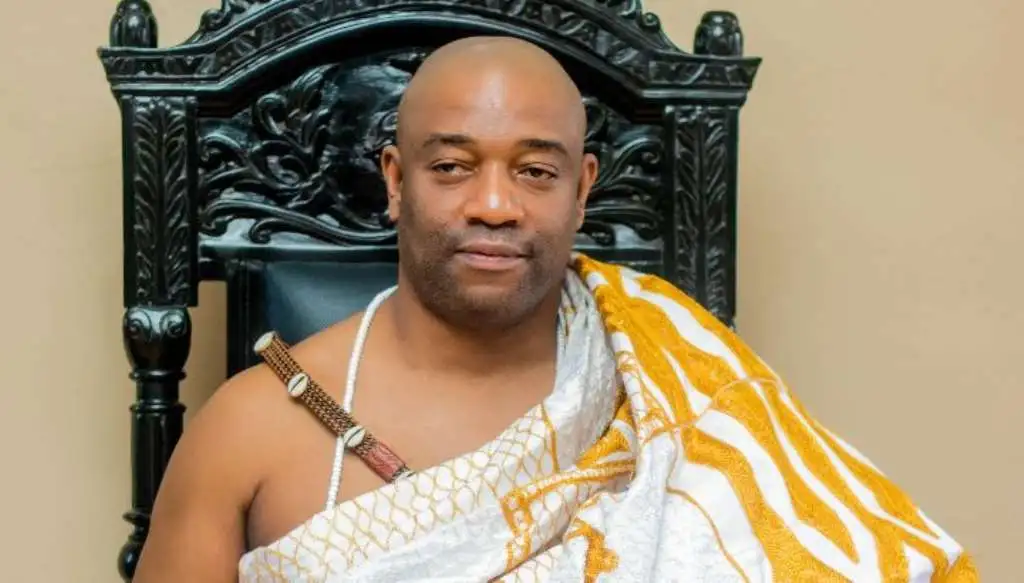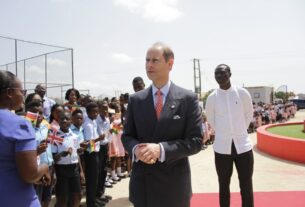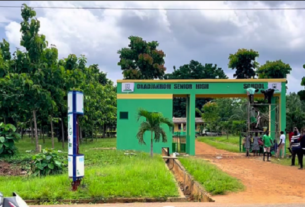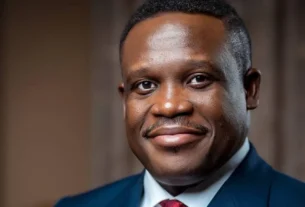Read also:
- Cardi B Cleared of Assault Charges in $24 Million Lawsuit
- NPP Supporters Urged Not to Despair After Akwatia By-Election Loss
- Korle-Bu Teaching Hospital Proposes GHC5 Levy to Support Pediatric ICU Operations
- Nigerian Rapper Odumodublvck Opens Up About Near-Death Experience with Drug Abuse
- Ghana’s Inflation Rate Drops to 11.5% in August 2025
The Ga Mantse, King Tackie Teiko Tsuru II, has directed that Ga and Dangme languages be made compulsory subjects in all public and private basic schools across Ga and Dangme communities starting next academic year. This initiative aims to preserve the cultural heritage and identity of the Ga-Dangme people.
King Tackie Teiko Tsuru II emphasized that language is the vessel of culture, and losing it would mean losing their story, values, and identity. By teaching Ga and Dangme in schools, the King believes that future generations will remain connected to their roots and develop a stronger sense of pride and belonging. Cultural historians and linguists agree that languages carry unique worldviews and oral traditions, noting that “when a language dies, an entire worldview vanishes with it”.
The King highlighted the educational benefits of bilingual instruction, citing research that shows children who learn in their mother tongue tend to perform better academically, demonstrate stronger problem-solving skills, and show greater creativity. “Teaching Ga and Dangme is not only about culture; it is about creating well-rounded, confident, and high-achieving students,” he said.
To implement this initiative, the King has called on the Ministry of Education and the Ghana Education Service to:
- Integrate Ga and Dangme into the national curriculum
- Allocate resources for teacher recruitment and training
- Provide textbooks and audio-visual materials
- Organize community workshops for parents to support learning at home
The King stressed that this initiative is a cultural necessity, not just an educational reform, and urged immediate action to prevent the loss of the Ga and Dangme languages and identity.




